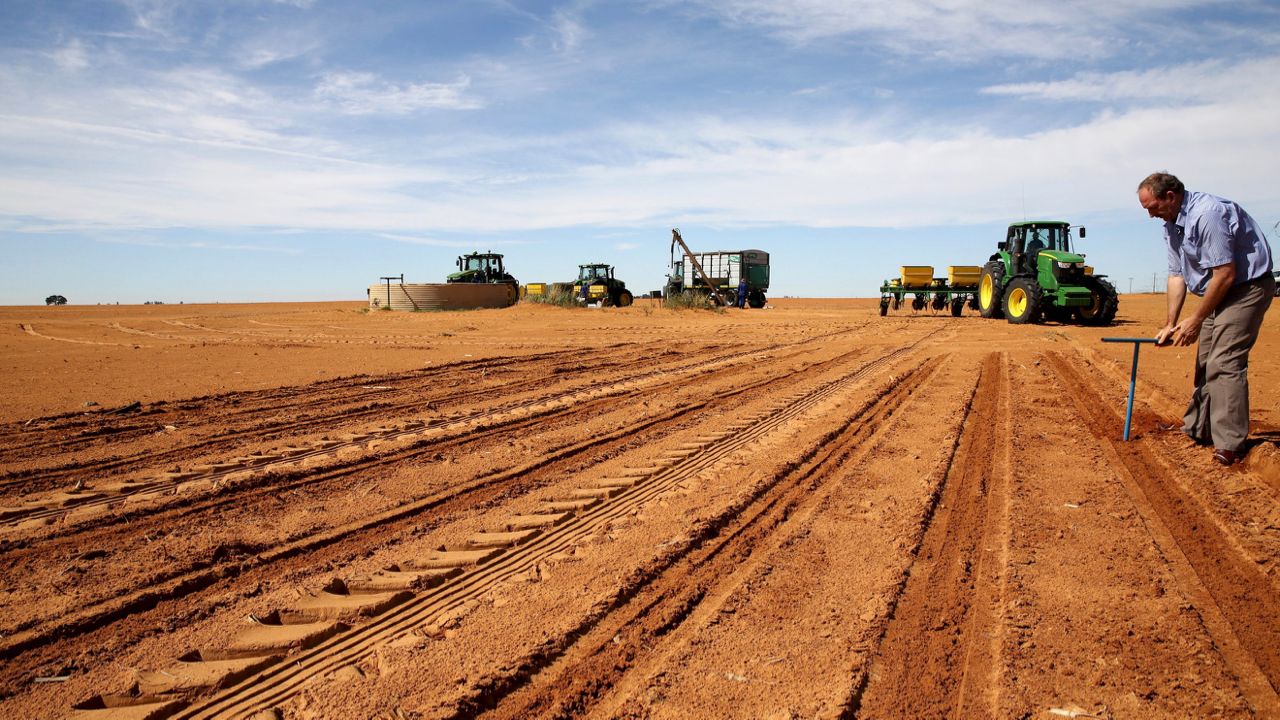Charles Motsi
The land reform program did not start at the end of the last millennium around 1999, it was a long exercise that was initiated by thousands of men and women who went to fight for the right to an equal share of the land that we all call ours that is Zimbabwe.
Many paid the ultimate price for this fight and it is the duty of the remaining carders to see this fight through. That is why around the turn of the century, many decided it was time to speed up the process and they embarked on the fast-track land reform program which saw many minority white farmers being forcibly removed from large tracks of land, stolen many years back from the majority of the black indigenous people.
Zimbabwe’s gallant sons and daughters did not just fight for people to be relocated from one space of land to another but they fought for all men to be equal and the respect of a supreme law that recognised this equality amongst the inhabitants of our great nation. This means that first and foremost we needed a constitution that governed our behaviour and actions as a nation.
This is the main guiding principal behind the move to compensate former white farmers as President Emmerson Mnangagwa so rightly alluded to, time and time again. The new dispensation of President Mnangagwa has made it a priority to follow the constitution to the letter for the betterment of all in Zimbabwe from media laws, human rights issues and now it is paying attention to the matter of property rights which is fundamental in attracting investors needed for the revitalisation of our industries.
Loudmouths like South Africa’s Economic Freedom Fighters (EFF) president, Julius Malema, have wrongfully come out guns blazing and condemning the government’s move to set aside $53 million for the compensation of former white farmers. Malema and crew should have taken time to read the country’s constitution before they went on a ranting spree. After all the constitution has been here since 2013 written in black and white on Section 72 that “no compensation is payable in respect of its acquisition, except for improvements affected on the land before its acquisition.”
When the freedom fighters went to war they did not care how the land was brought back into the hands of the majority black natives. Their goal was to see this done by any means necessary and if it meant compensation which also brings with it the added advantage of reassuring foreign investors of the safety of their investments then the better. What matters at the end of the day is to ensure that Zimbabwe prospers and people have food on their tables, this is what compensation brings as it is a continuation of government’s policies of economic revival and reengagement with the West and any other international players interested in contributing to the development of Zimbabwe.
Newly resettled farmers can be reassured that no one will be coming to take away their new found wealth as compensation is not going to affect them in any way rather it should give them peace of mind as it will leave them to concentrate on their farming with the guarantee that the long process of reacquiring the land has been concluded. The move will even open up lines of credit for them from foreign monetary institutions who were demanding for compensation of former white farmers for them to recognise the new farmers.
Compensation of former white farmers for the improvement on the land they previously inhabited is neither a betrayal of the liberation struggle nor is it bowing to international pressure from the West. It is simply respecting the country’s constitution and bringing finality to the land reform process that was initiated by the brave men and women who fought to free Zimbabwe from the shackles of inequality.




